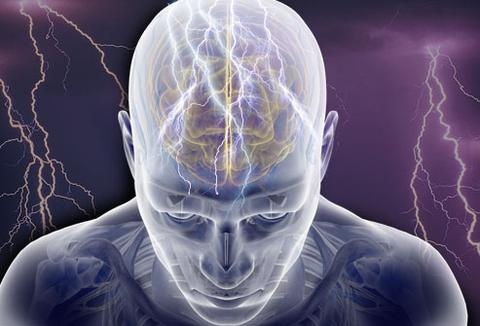The importance of thorough clinical testing
Last year, history was made as the US FDA approved the first cannabis-based medication – Epidiolex – to treat severe forms of pediatric epilepsy. While a few other types of cannabis medications had been on the market for several years, these formulations were synthetic, not derived naturally from the plant itself.The landmark FDA decision was a huge sigh of relief for parents across the country, many of which had uprooted their lives to travel and obtain the cannabidiol (CBD) oil their children so desperately needed.
While the FDA decision was historic, the approval of a CBD product for seizures is not all that surprising. People have been using cannabis to treat epilepsy for thousands of years. In fact, W.B. O’Shaughnessy first described the use of cannabis to treat seizures in an infant in 1843. [1] So 2,000 years of anecdotal evidence and many, many different clinical studies should have been enough to prove its effectiveness, right? [2]
Nope.
Clinical trials are designed to thoroughly evaluate the effectiveness and safety of any bioactive substance intended to treat a certain condition. This substance is tested across 3 phases after substantial preclinical studies have indicated its potential benefits. In a typical trial, one group of matched participants receives the active substance and the other matched group receives a non-active substance (placebo). No one, not even the researchers, knows who is receiving the active substance, so that the data can be collected and analyzed in an objective manner.
Clinical trials take years and years and it can be frustrating to wait out the process when you’re pretty certain that the medication is going to help you. But clinical trials are essential to clearing a drug’s safety – even in the case of CBD – because, you can never be 100% sure of anything until you test it rigorously.
Cannabis-based therapy is an excellent example. Despite its clean reputation, there still remains a lot we don’t know about its safety. In fact, in the case of epilepsy, there have been reports that cannabis can actuallyinduce seizures instead of treating them!
Published case reports have described situations in which the use of CBD exacerbated seizures in children with treatment-resistant epilepsy. In one case, the seizures were attributed to a CBD formulation that also contained tetrahydrocannabinol (THC). [3] A retrospective study of oral cannabis extract treatment in pediatric epilepsy found that 13% of patients experienced increased seizures. [4] As this was an observational study, it was not possible to evaluate the cannabis formulations used or other factors that could have contributed to this effect.
While there is limited data to explain why cannabis-based therapies could induce, rather than reduce, seizures, it certainly underscores the need for thorough testing of any cannabis compound prior to widespread clinical use. Long-term studies are required to thoroughly assess the effects of cannabis on many different conditions in a controlled fashion. And while this does not mean you shouldn’t use cannabis for medicinal benefits, you should be very diligent in finding out where your products are coming from and, of course, continue to urge the federal government to fund critical research.
[Image]References
- Perucca, E., “Cannabinoids in the Treatment of Epilepsy: Hard Evidence at Last?”,J Epilepsy Res, 2017, Volume 7, pg. 61-76.
- Friedman, D., Sirven, J.I., “Historical Perspective on the Medical Use of Cannabis for Epilepsy: Ancient Times to the 1980s”, Epilepsy Behav, 2017,Volume 70(Pt B), pg. 298-301.
- Crippa, J.A.A., Crippa, A.C.S.,Hallak, J.E.C.,Martín-Santos, R., Zuardi, A.W., “Δ9-THC Intoxication by Cannabidiol-Enriched Cannabis Extract in Two Children with Refractory Epilepsy: Full Remission after Switching to Purified Cannabidiol”, Front Pharmacol, 2016, Volume 7,pg. 1-6.
- Press, C.A., Knupp, K.G., Chapman, K.E., “Parental Reporting of Response to Oral Cannabis Extracts for Treatment of Refractory Epilepsy”, Epilepsy Behav, 2015, Volume 45, pg. 49-52.










